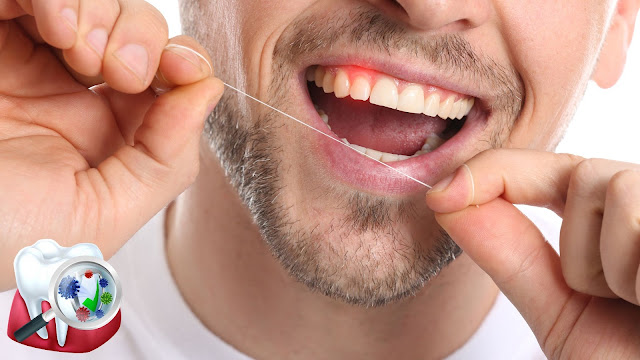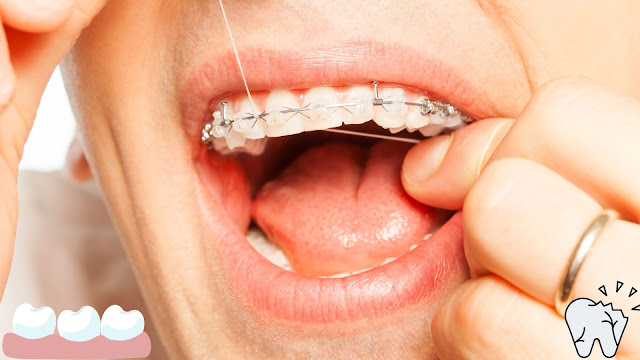How can gum disease affect how you brush your teeth?

Gum disease can have a significant impact on how you should brush your teeth. Gum disease, also known as periodontal disease , is a condition that affects the tissues supporting your teeth, including your gums and the bones in your jaw. There are two main stages of gum disease: gingivitis and periodontitis. Here's how gum disease can affect your brushing routine: 1. Increased Sensitivity and Discomfort: In the early stage of gum disease, known as gingivitis, your gums may become inflamed, red, and tender. Brushing too vigorously or with a hard-bristle toothbrush can cause discomfort and bleeding. As a result, you may be tempted to brush less often or avoid areas that are sensitive. However, this can exacerbate the problem. 2. Gum Recession: As gum disease progresses to periodontitis, the gum tissue can start to recede, pulling away from the teeth. This can expose the sensitive tooth roots and increase the risk of tooth decay in those areas. Brushing too hard or using a harsh brush...



